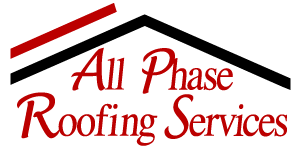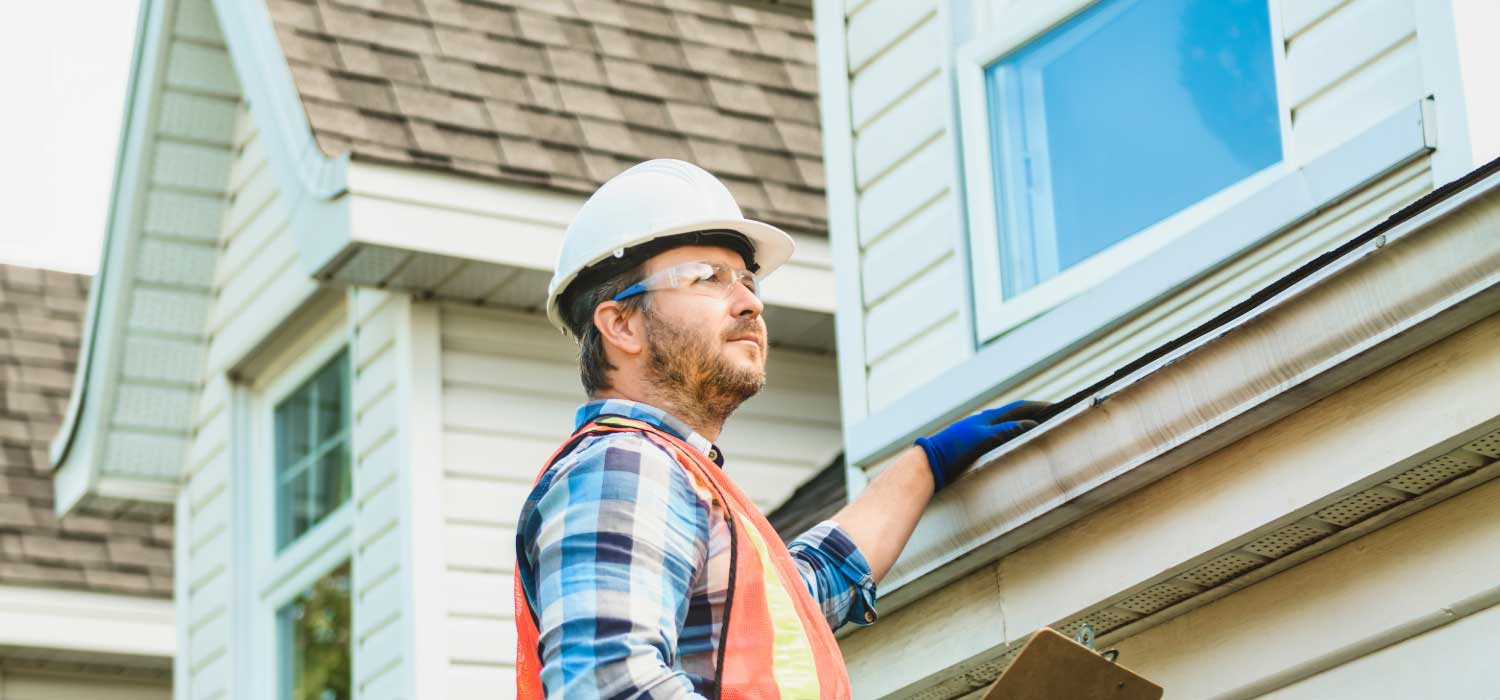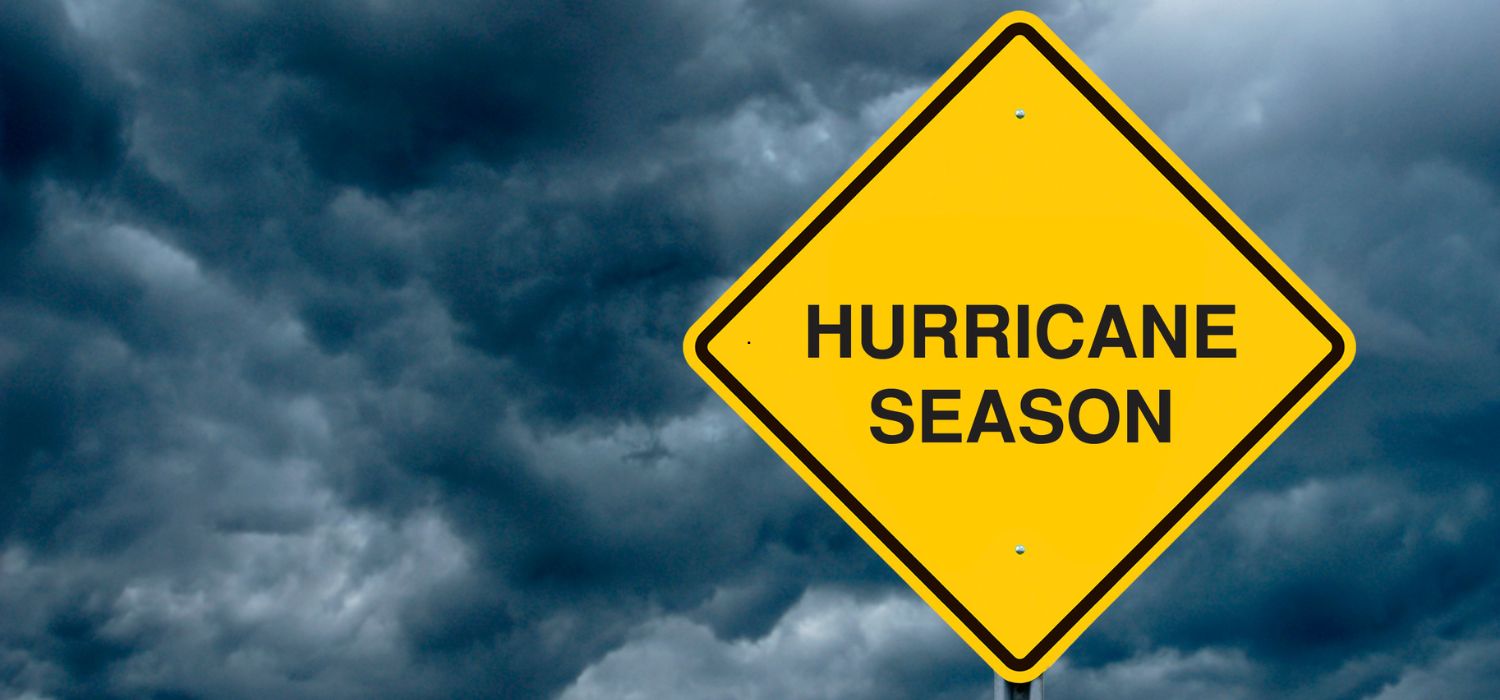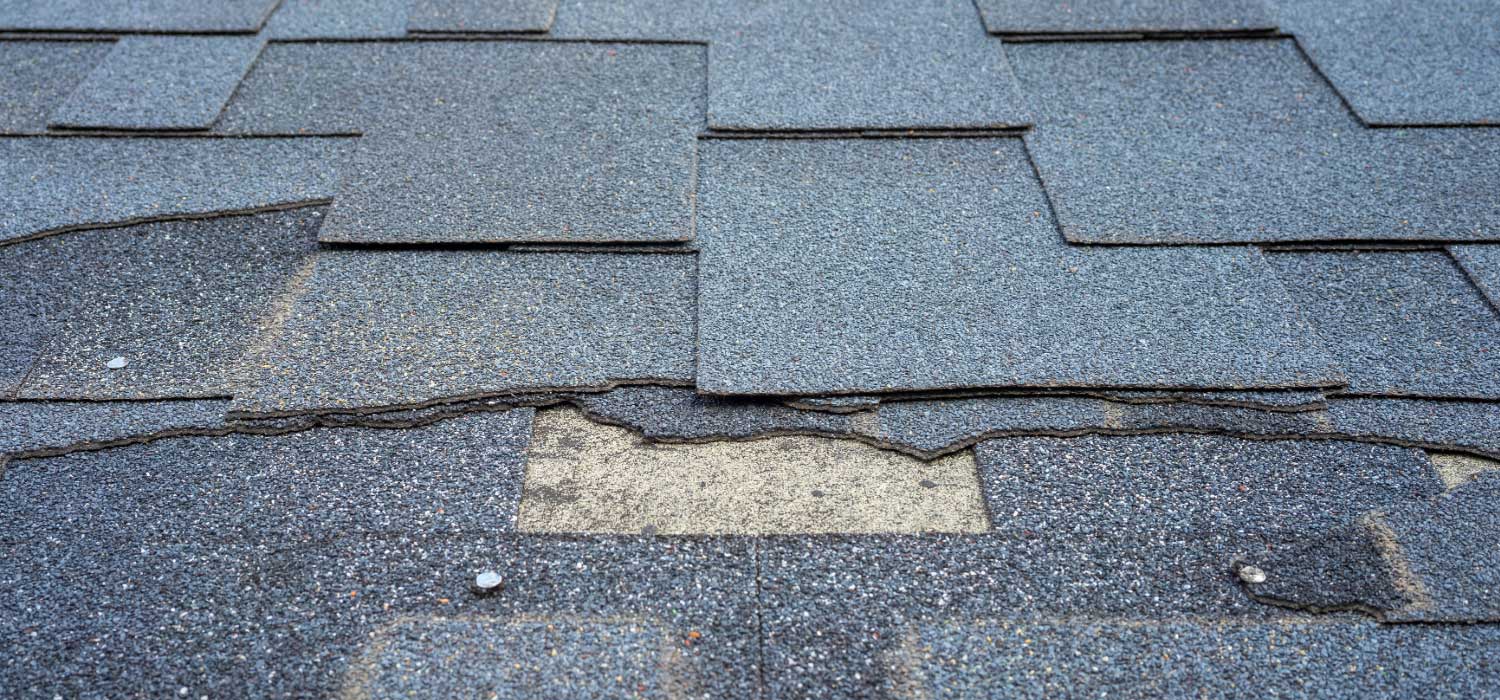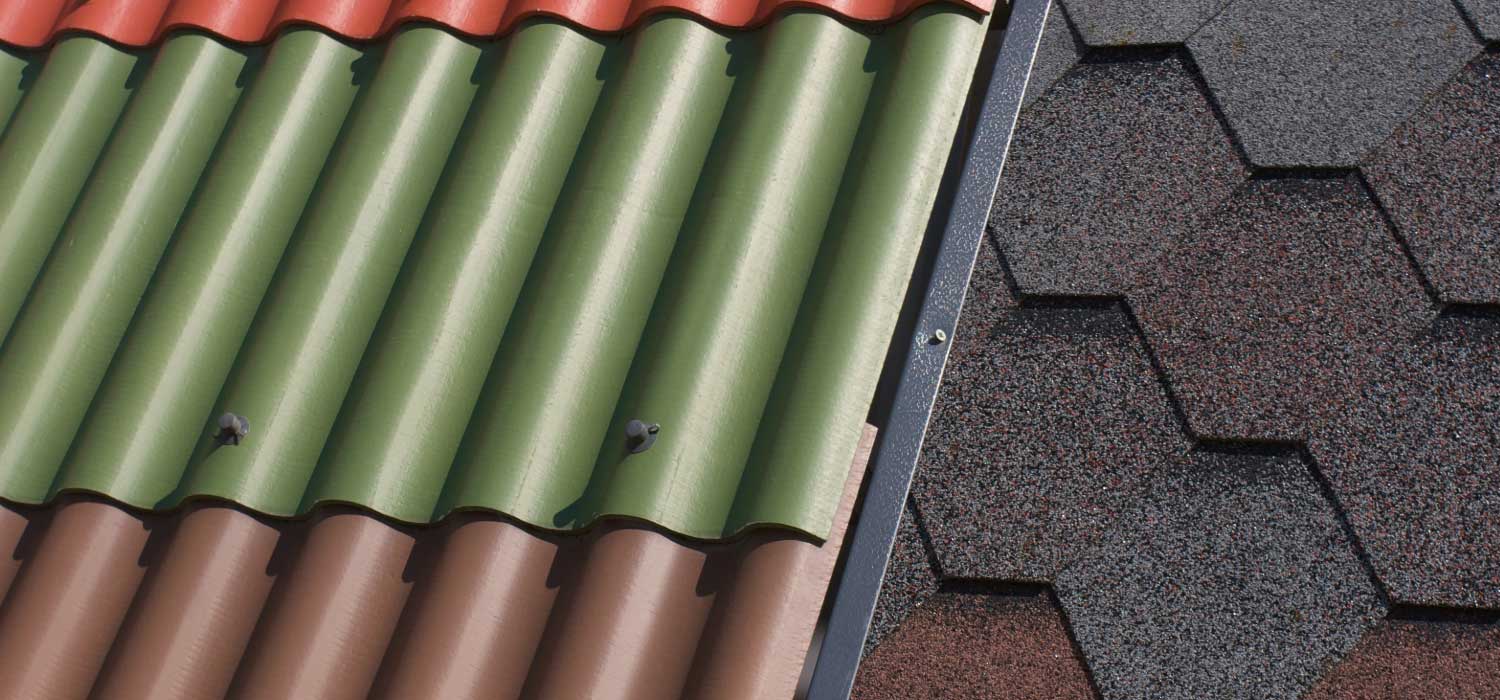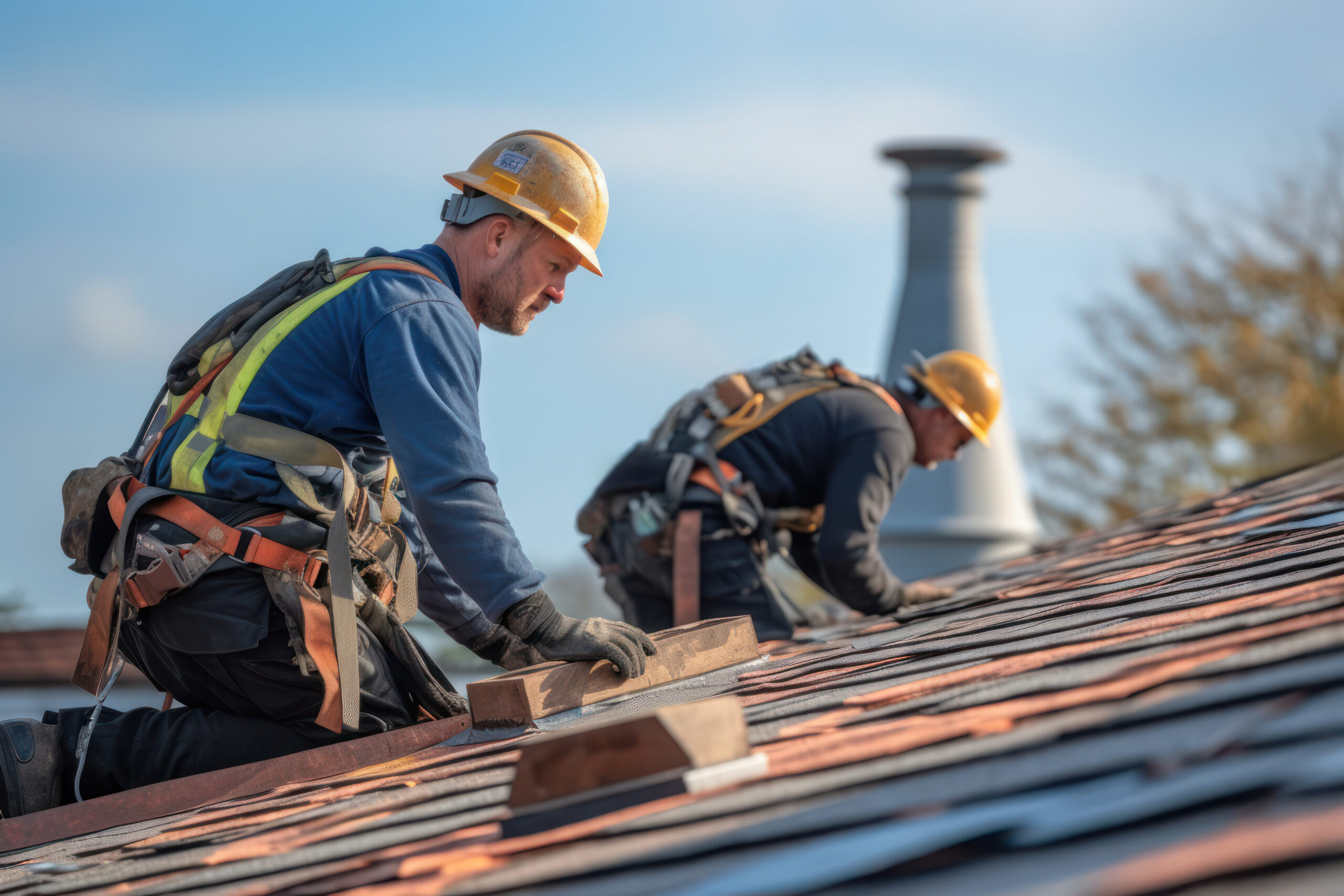Florida’s climate is known for its high humidity, heavy rainfall, and occasional tropical storms. All these factors contribute to the common roofing problems faced by homeowners in the state. One of the most prevalent issues is moisture damage, which can lead to a host of other complications if not addressed promptly. In this blog post, we will discuss the dangers of moisture damage on Florida roofs and provide some practical tips on how to prevent it.
THE DANGERS OF MOISTURE DAMAGE
Moisture damage can have severe consequences for your home’s roof and overall structure. Some of the dangers associated with moisture damage include:
- Mold and mildew growth: Excess moisture creates the perfect environment for mold and mildew to thrive. These fungi can cause health issues for your family, as well as structural damage to your home.
- Wood rot: Prolonged exposure to moisture can cause the wooden components of your roof to rot, compromising its structural integrity and potentially leading to costly repairs or even a roof replacement.
- Insulation damage: Moisture can seep into your attic insulation, reducing effectiveness and leading to higher energy bills.
- Roof leaks: If left unchecked, moisture can cause your roofing materials to deteriorate, leading to leaks that can damage your home’s interior.
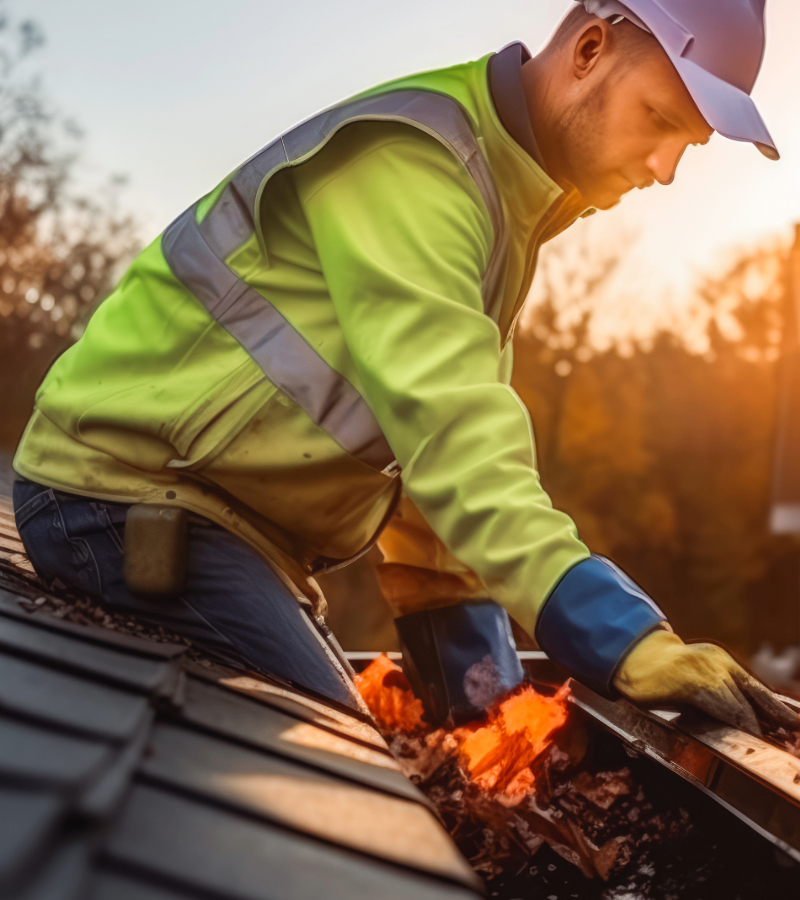
HOW TO PREVENT MOISTURE DAMAGE ON FLORIDA ROOFS
Fortunately, there are several steps you can take to prevent moisture damage on your Florida roof. Here are some practical tips to help you keep your roof in top shape:
1. REGULAR ROOF INSPECTIONS
Regular roof inspections are crucial for identifying and addressing moisture damage before it becomes a more significant issue. We recommend having your roof inspected at least twice a year, preferably before and after Florida's rainy season. A professional roofing contractor like All Phase Roofing Services, LLC can help you identify any signs of moisture damage and recommend the appropriate course of action.
2. PROPER VENTILATION
Proper attic ventilation is essential in preventing moisture buildup, as it allows excess heat and humidity to escape your home. According to the U.S. Department of Energy, you should have one square foot of attic ventilation for every 300 square feet of ceiling space. If you're unsure about your home's ventilation, consult with a professional roofing contractor to assess your current system and recommend any necessary improvements.
3. KEEP YOUR GUTTERS CLEAN
Clogged gutters can cause water to overflow and seep into your roof, leading to moisture damage. Regularly cleaning your gutters and downspouts can help prevent this issue. Additionally, consider installing gutter guards to minimize debris buildup and reduce the need for frequent cleaning.
4. INSTALL A WATERPROOF BARRIER
Installing a waterproof barrier, such as a roof underlayment, can provide an extra layer of protection against moisture damage. This barrier can help prevent water from seeping into your home's structure, reducing the risk of mold, mildew, and wood rot. Consult with a professional roofing contractor to determine the best waterproofing solution for your home.
5. PROMPTLY ADDRESS ANY ROOF DAMAGE
If you notice any signs of roof damage, such as missing shingles or damaged flashing, it's essential to address the issue promptly. Delaying repairs can lead to more severe moisture damage and potentially costly repairs. If you're not sure of the extent your roof needs repairs, call our roofing team for a free estimate.
In conclusion, moisture damage is a prevalent issue for Florida homeowners, but with proper preventative measures, you can protect your roof and home from its harmful effects. By following the tips outlined above and partnering with a reliable roofing contractor like All Phase Roofing Services, LLC, you can enjoy a durable and long-lasting roof that can withstand Florida's challenging weather conditions.
Contact us today at (727) 580-4229 to schedule your roof inspection and ensure your home is protected from moisture damage.
